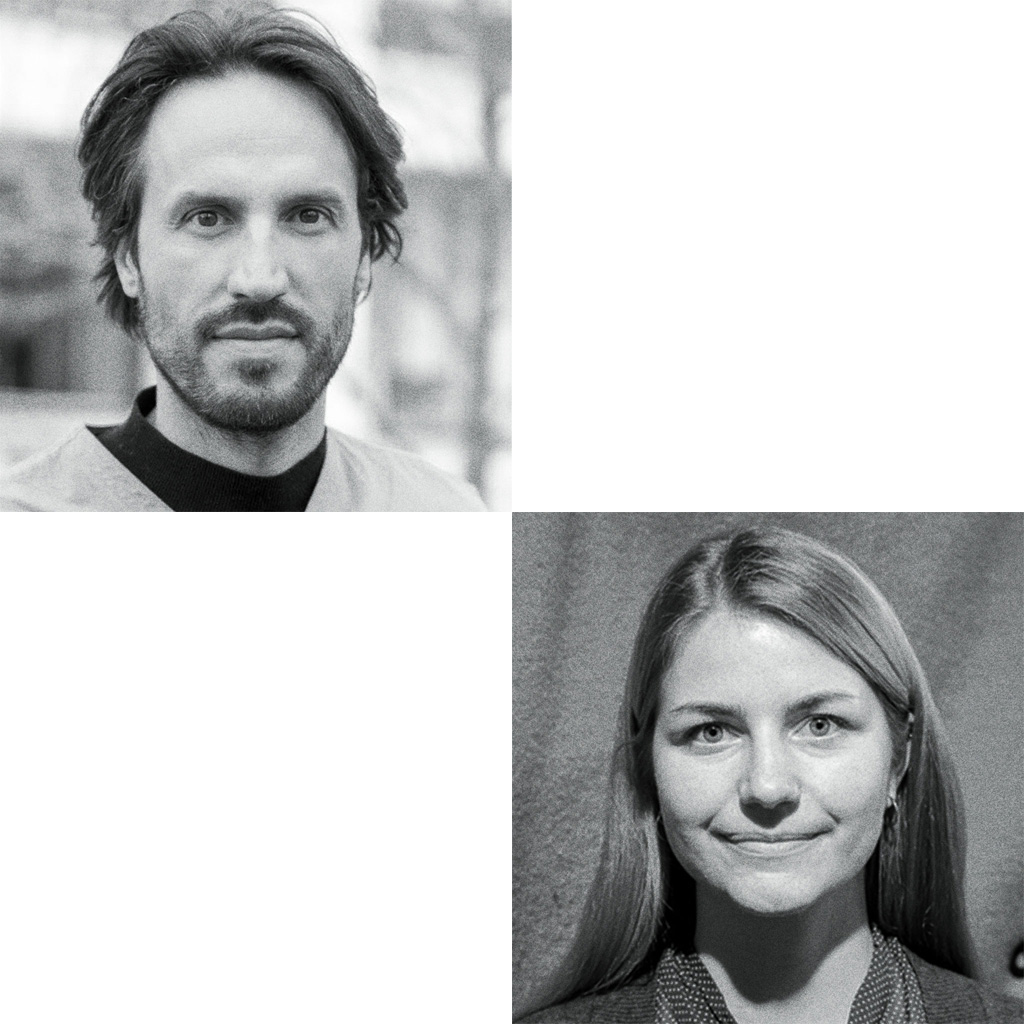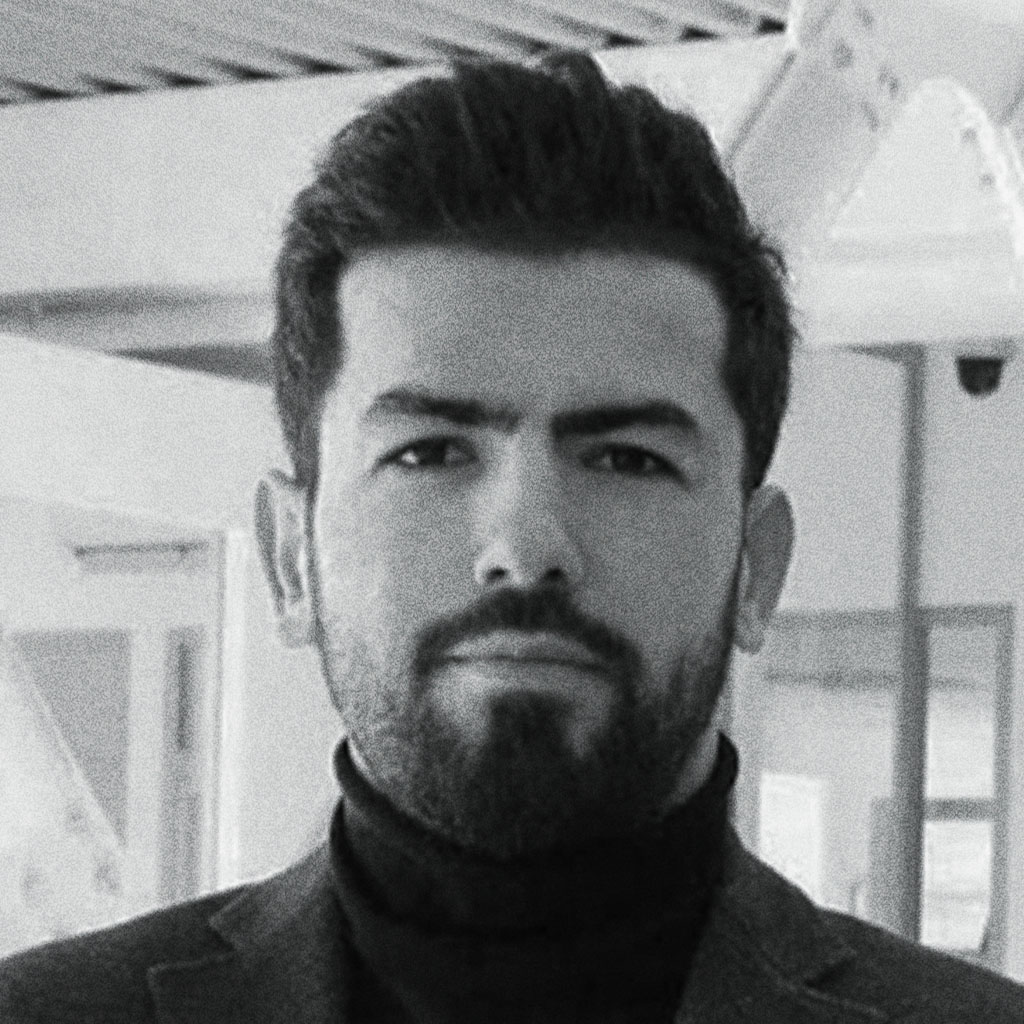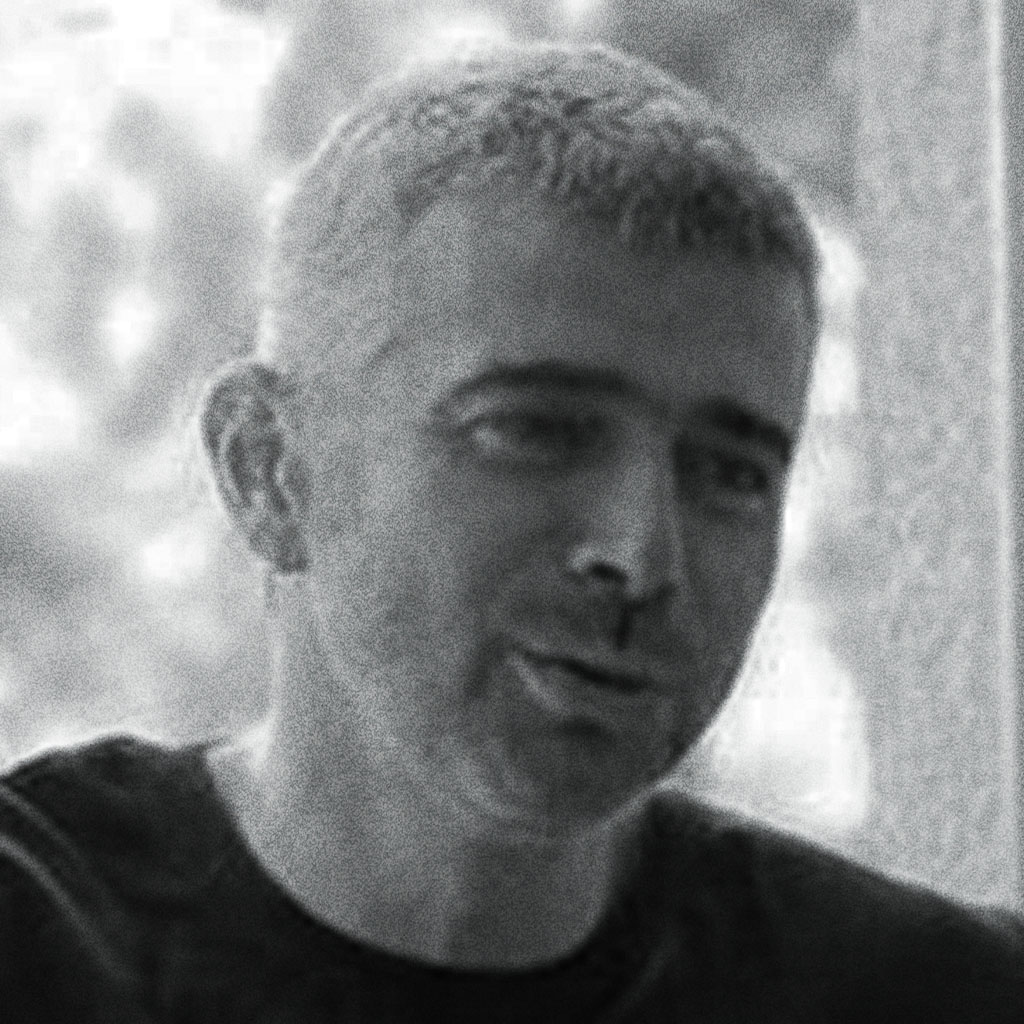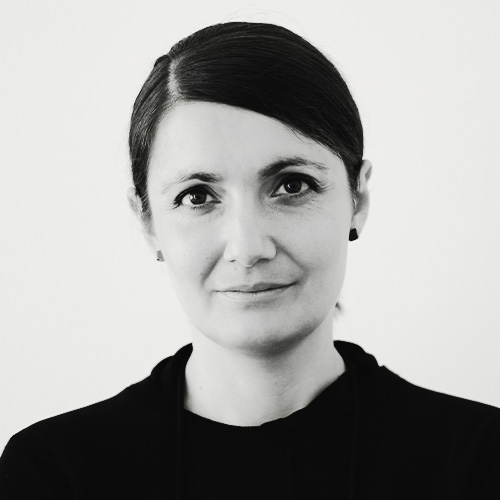From full classrooms to full ZOOM-rooms over a night. This is how abrupt a transition it was for education in the rise of COVID-19.
Universities with a good base and technically trained faculty have moved easily to online teaching, but its deficits have raised important questions. Can education be complete without live contact with the teacher, without practical work on site and without active exchange of knowledge between students?
A year later, many young people tend to drop out of university because the more flexible hybrid model also did not resolve the situation. However, the collapse of the old educational system is somewhat liberating — it gives room for inventing new ways of teaching and communication to suit the world, which was already changed.
Therefore, when their previous methods of work will return is not a question that concerns the five teachers from Sofia, Amsterdam, Zurich and Tirana in the next conversation. The problem before them is how to catch up with the new reality and how to attract to their classes people who grew up in a world that is only to some extent physical.
Participant

Michiel van Iersel and Charlotte Schaeben
Representatives of the Chair of Architecture and Urban Transformation at ETH Zürich University, called Newrope. It works to rediscover Europe as a shared space with a common history and future through the exploration of urban practices and interdisciplinary dialogue. Michiel is the Program director of the chair, curator, critic, urbanist and co-founder of the cultural collective Non-Fiction and the research platform Failed Architecture. Charlotte is the Studio director of Newrope, a graduate of Architecture at ETH Zürich and UPC Barcelona.
Participant

Saimir Kristo
Practicing architect, lecturer and Vice-Dean in the Faculty of Architecture and Design at POLIS university in Tirana. He has been the curator of two of the most important events in the field in Albania — the Tirana Architecture and Design Weeks in 2014 and 2015, respectively. Saimir studies urban morphology and the processes of transformation of public spaces, he is a member of the A10 New European Architecture Cooperative and works for dialogue and collaboration between education, cultural institutions, artists and communities.
Participant

Nikolay Davidkov
Lecturer in the Department of History and Theory of Architecture at UACEG and founder of Studio Projectirane, a laboratory for educational experiments within the Faculty of Architecture. Chief Assistant Dr. Davidkov seeks a balance between theory and practice in teaching students with the so-called living projects, in which they work on real problems in the city. He is also involved in the education of the youngest on the topic and is a co-founder of the program for 5-14-year-old Architectural Workshop for Children.
Moderator

Aneta Vasileva
Architect, architecture historian, critic, and lecturer at UACEG in Sofia. She has a Doctor’s degree in History and theory of architecture with focus on the second half of the 20th century, and is contributor at the transnational European project for totalitarian regimes architecture ATRIUM. Aneta is one of the founders of WhAT Association, and since 2010 she’s been active in architecture criticism and publicity, conduct and jurying of architecture competitions. She’s also a member of A10 New European Architecture Cooperative.